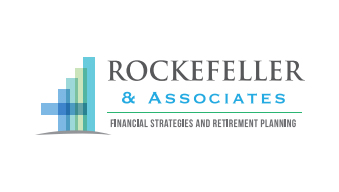FAQ
1. Do I really need a financial advisor?
As with many things in life, it is not what you see but what you don't. Just through the process of evaluating your situation important considerations can come up that you might never have thought of. Remember, financial planning isn't just about investing. You have assets to protect and need to prepare for unforeseen events, to name a few. Most advisors offer a free consultation. That is a good way to find out.
2. How do financial advisors get paid?
Most financial advisors choose one of two ways to get paid. Advisors, who are licensed in both, can choose one or the other based on the particular financial strategy recommended. The first, and becoming the most common, is what is called fee-based. A fee is charged on your investments on an annual basis. This provides transparency and with a skilled advisor, your portfolio should show improved performance. The second way is commission based. Nearly all insurance products and some investments pay this way. It is not unnecessarily a bad thing, but choosing it should always be a result of focusing only on what is best for the client.
3. I would like to just meet you and see if it is a fit. Is there a charge?
The initial consultation is very important to the planning process. Maybe most importantly for the reason above as developing the relationship is really key. The initial consultation is always without a fee.
4. What are your hours? Can you come to my home or office? Do you have phone consultations?
We have normal business hours by appointment and also have evenings and weekends available. Many clients prefer to meet at their office or home and we always accommodate this request as scheduling permits. We can certainly answer a lot of questions over the phone and due to distance in some cases, many established client's needs can be managed over the phone and with technology.
5. Are all advisors the same?
. Training and experience both vary widely as does licensing. Although not absolute, I am a big proponent of formal education such as a bachelor's or master's degree in some form of finance or economics. There are many forms of certification with the CFP® probably the most comprehensive and highly regarded. Experience and good recommendations are important as well.
6. How do I find a good financial advisor?
Of course, one of the most common ways is through recommendations. Other sources can be through groups and organizations. Some find advisors at their place of worship. In this day and age, the internet can be a good source because it allows you to do some research on your own, such as viewing their website. You can tell a lot from someone's website especially with respect to how much effort they put into it. You can also test the availability and quickness to respond. No excuse for not getting back to clients in a prompt fashion.
